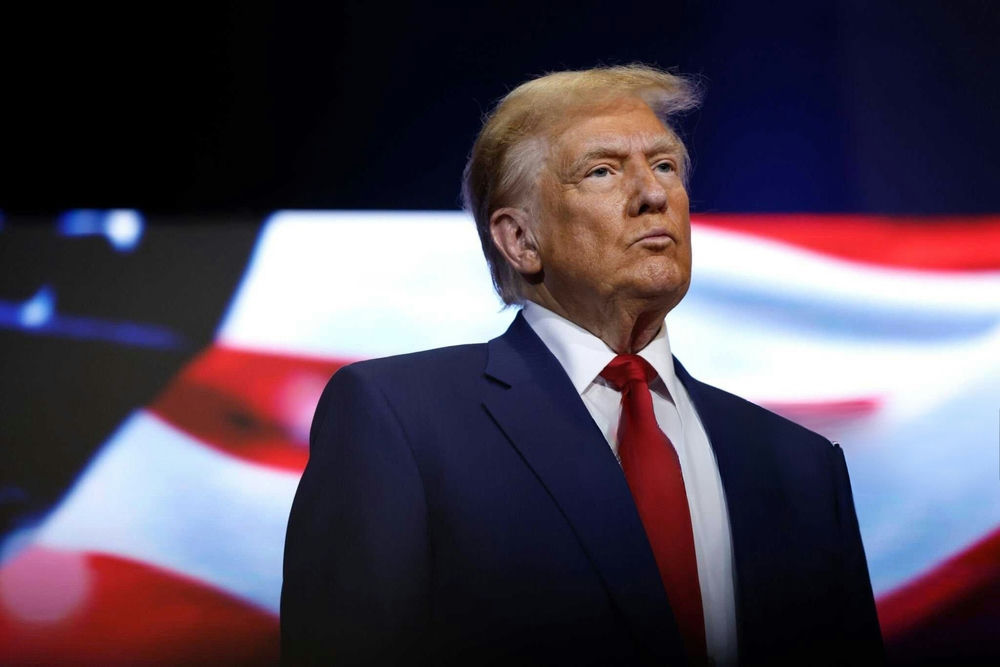A historic federal takeover of D.C. policing now tests the limits of executive power and local autonomy, raising alarms among those who value constitutional checks and real accountability in government.
Trump Seizes Federal Command of D.C. Police Amid Crime Emergency Declaration
On August 11, 2025, President Donald Trump issued an executive order declaring a crime emergency in Washington, D.C., and immediately placed the Metropolitan Police Department under federal command. This move, authorized by the Home Rule Act’s emergency provisions, comes as more than 1,450 federal law enforcement officers and National Guard members deploy across the capital. The White House claims the surge is essential to combat violent crime and restore order, yet recent statistics actually indicate a decline in violent crime over the past two years, sparking sharp debate among lawmakers and residents.
Trump’s action draws on rarely-used presidential powers and marks the first time routine law enforcement in the nation’s capital is being handled by the federal government rather than local authorities. The President states that only federal oversight can make Washington “essentially crime-free” and has already requested Congress grant a long-term extension of this control, arguing 30 days is insufficient to achieve meaningful change. The deployment of National Guard troops for daily policing duties is particularly controversial, as such measures are typically reserved for major unrest or national security threats, not routine crime response.
Local Autonomy and Constitutional Concerns Take Center Stage
For constitutional conservatives, the heart of the controversy is the erosion of D.C.’s home rule and the broader threat to the principle of limited government. The D.C. mayor and city council, both sidelined by the federal order, have voiced strong opposition, warning that federalizing local police undermines not only the city’s autonomy but also the American tradition of checks and balances. Legal scholars highlight that federal control over local police forces is exceedingly rare outside of insurrection or disaster scenarios, raising the specter of dangerous precedent and executive overreach. Congressional Republicans themselves are divided, with some supporting Trump’s law-and-order agenda while others express concern about the expansion of federal power at the expense of local governance.
Trump’s request for long-term authority over the D.C. police now heads to Congress, where lawmakers must weigh immediate public safety concerns against the foundational principles of federalism and local self-government. The debate is further complicated by contradictory data: while the administration points to a supposed crime wave, police statistics reveal a downward trend in violent offenses throughout the city. This discrepancy fuels suspicion among critics that the intervention is driven more by politics and public perception than by facts on the ground.
Community Impact and the Future of Federal-Local Relations
The federal intervention has immediate and far-reaching effects on D.C. residents, businesses, and the thousands who work and visit the capital daily. While some citizens support increased law enforcement presence for safety, others fear the militarization of public spaces and the potential for civil liberties violations. Local officials, whose authority is now suspended, warn that community trust in law enforcement could erode, making future cooperation and crime prevention harder to achieve. Economic impacts are already surfacing, with business owners expressing concern over disruption from large-scale policing operations and uncertainty about the city’s future governance.
Looking ahead, the outcome of this federal takeover will set a powerful precedent—both for how the federal government can intervene in local affairs and for the ongoing national debate over the limits of executive power. If Congress approves Trump’s request for long-term control, it could permanently alter the balance of authority in the nation’s capital and provide a template for future interventions in other cities. For those who believe in local control, constitutional restraint, and accountable policing, the fight over D.C.’s police force has become a defining battle for the soul of American self-government.
As the debate unfolds, Americans concerned about government overreach and the defense of constitutional principles are watching closely, recognizing that the outcome in Washington, D.C. could echo far beyond the city limits—impacting the very foundation of our republic for years to come.
Sources:
ABC News: As Guard deploys, Trump to seek ‘long-term’ federal control of DC police
White House: Declaring a Crime Emergency in the District of Columbia

